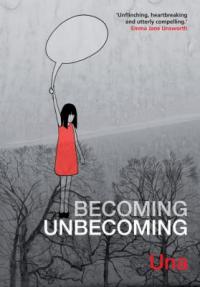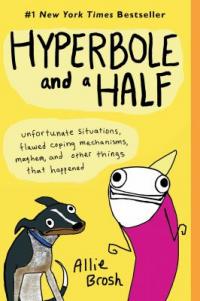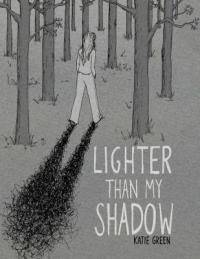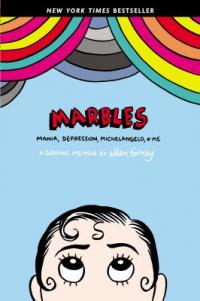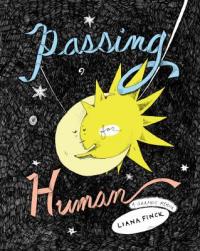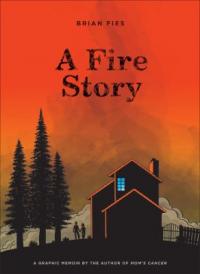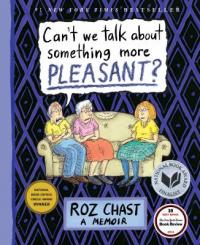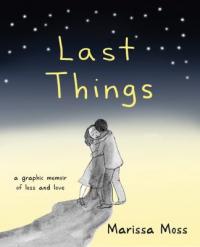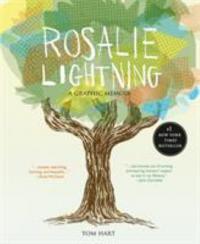Since the unwelcome arrival of COVID-19, mental health needs have increased in Colorado and put strain on an already strained behavioral health system. Kaiser Family Foundation has this report on current national trends in mental health and substance abuse concerns, including the fact that “History has shown that the mental health impact of disasters outlasts the physical impact, suggesting today’s elevated mental health need will continue well beyond the coronavirus outbreak itself.”
Even with such a large swath of the population reporting symptoms related to mental health, the American Psychiatric Association notes that stigma surrounding mental health persists in many ways and that public perception of what it means to live with a mental illness can be negatively influenced by many factors, including portrayals in pop culture. Disability activists have also begun to question using the words “crazy” or “insane” to describe negative situations.
Chances are that you know someone in your life who is touched by mental illness, either in their own lives or in the lives of someone close to them. As part of our Graphic Format Memoir Core Collection, we are proud to present these books that use compelling narratives and stunning artwork to (literally!) illustrate divergent mental health experiences:
Becoming Unbecoming by Una: Exploring shame, blame, and gender violence through the real-life events of a serial killer and her own traumatic life experiences, Becoming Unbecoming asks the question: How does trauma disrupt our selves and our futures?
Hyperbole and a Half: Unfortunate Situations, Flawed Coping Mechanisms, Mayhem, and Other Things That Happened by Allie Brosh: At times hilarious and at other times heartbreaking, Brosh’s struggles with depression and everyday-life ups and downs will resonate with all readers.
Lighter Than My Shadow by Katie Green: Follow Green’s journey through bouts of depression and disordered eating as she comes to a reckoning with her mental health, her past, and what it will take for her to be healthy.
Marbles: Mania, Depression, Michaelangelo, and Me by Ellen Forney: After being diagnosed with Bipolar Disorder, Forney researches the topic of the “crazy artist” in this graphic format memoir. The memoir is her attempt to come to grips with whether or not her creativity was tied to her mental illness.
Passing for Human by Liana Finck: Finck’s beautifully illustrated memoir is the depiction of her quest to find self-understanding and self-acceptance and answer the question: “What is it that makes us whole?”
Another psychological facet of life since 2020 began is new understandings of loss and grief. The American Psychological Association points out that people are grieving not only for loss of lives but for other losses like a sense of security or a sense of our identity. Grief, like all emotions, is complex, and we have some additional memoirs that explore that complexity:
A Fire Story: A Personal and Harrowing Account of 2017 Wildfires in Northern California by Brian Fies: A Fire Story is about the grief of losing all your worldly possessions, how the ravages of nature destroys families, and about a community struggling to rebuild.
Can’t We Talk about Something More Pleasant? by Roz Chast: What does it mean to become the parental figure to your own parents? Chast’s hilarious, deeply relatable memoir covers the grief of watching your once-vibrant parental figures become older and lose their personalities to dementia and illness.
Last Things by Marissa Moss: Moss’s husband Harvey returns from a year abroad with the diagnosis of a terminal illness; they are the parents of three young children and must find a way to carry on as Harvey quickly declines. This is not the story of redemption, but instead is the story of a family’s resilience in the face of death.
Rosalie Lightning by Tom Hart: In this wake of his baby daughter’s death, Hart’s memoir describes his and his wife’s grief as they find solace in nature, philosophy, literature, and art and try to find meaning in a world where their daughter no longer exists.
Every day we get further away from March 2020, but some believe we will see signs of collective trauma for years to come, not just due to the virus but also as we continue to struggle with generations of racial trauma in America.
For many people dealing with grief, trauma, and mental health issues, the road to healing is long and difficult. Reading about these topics can give us language to identify and start to learn about what we are experiencing personally or by proxy. As any reader can tell you, narratives are powerful and build empathy: they teach us about others and about ourselves.
For more books that address mental health, check out some of these titles from our Alternate Classics Core Collection.
If you or someone you know needs help, call Colorado Crisis Services at 1-844-493-8255 or text TALK to 38255.
A guest blog written by Lauren S. and Erin S., librarians and members of the graphic memoirs core collection team
